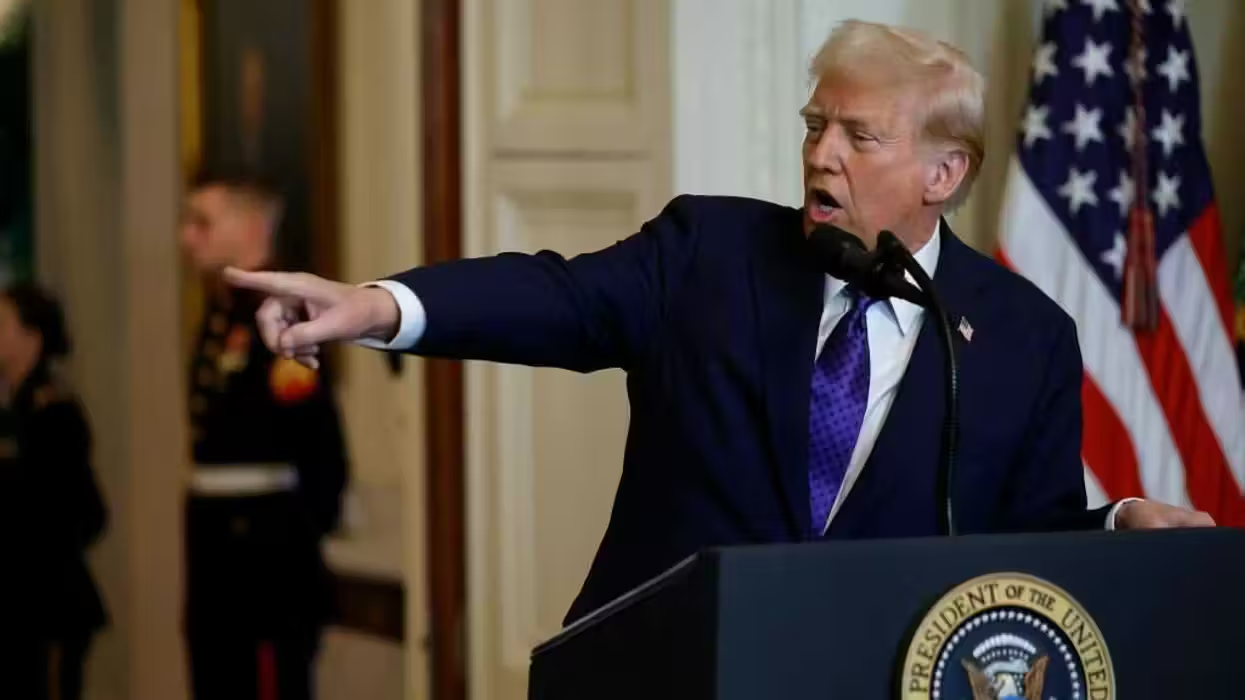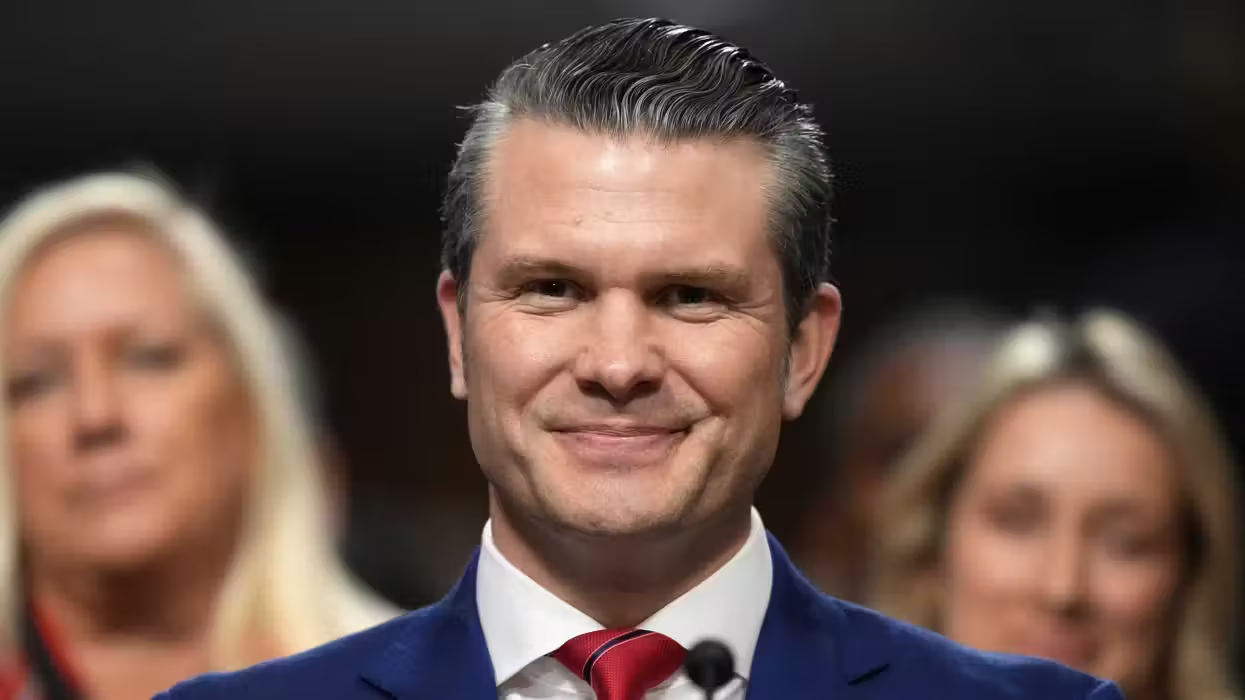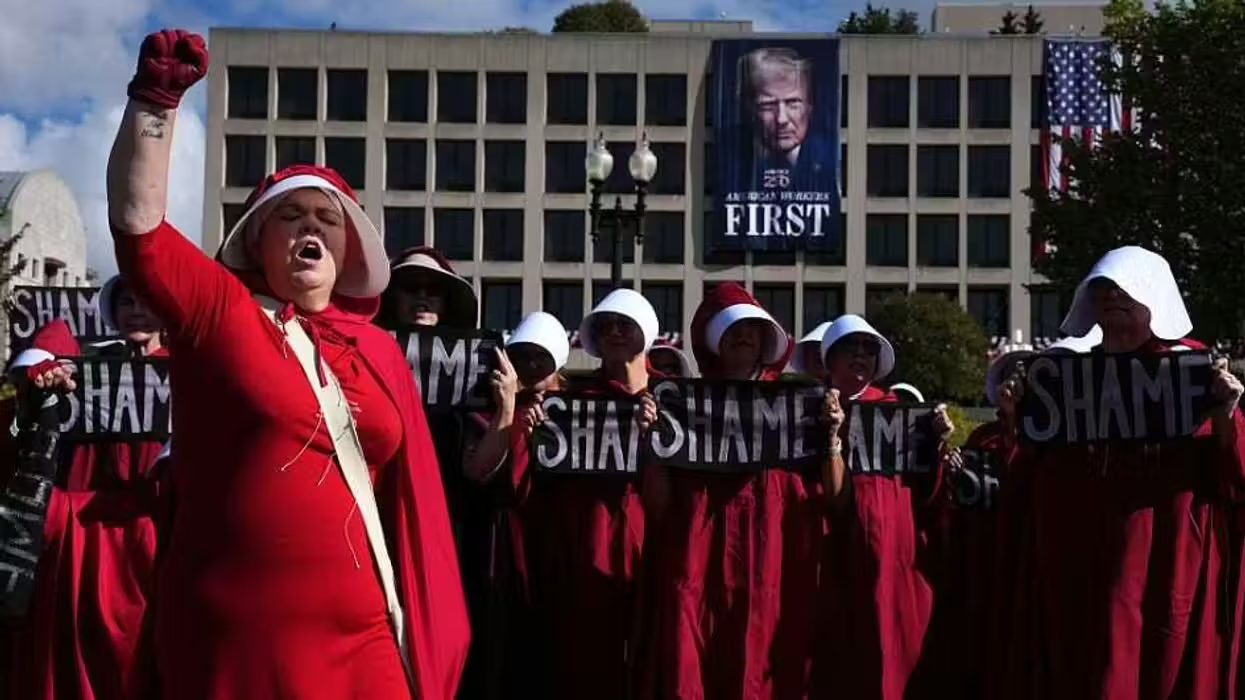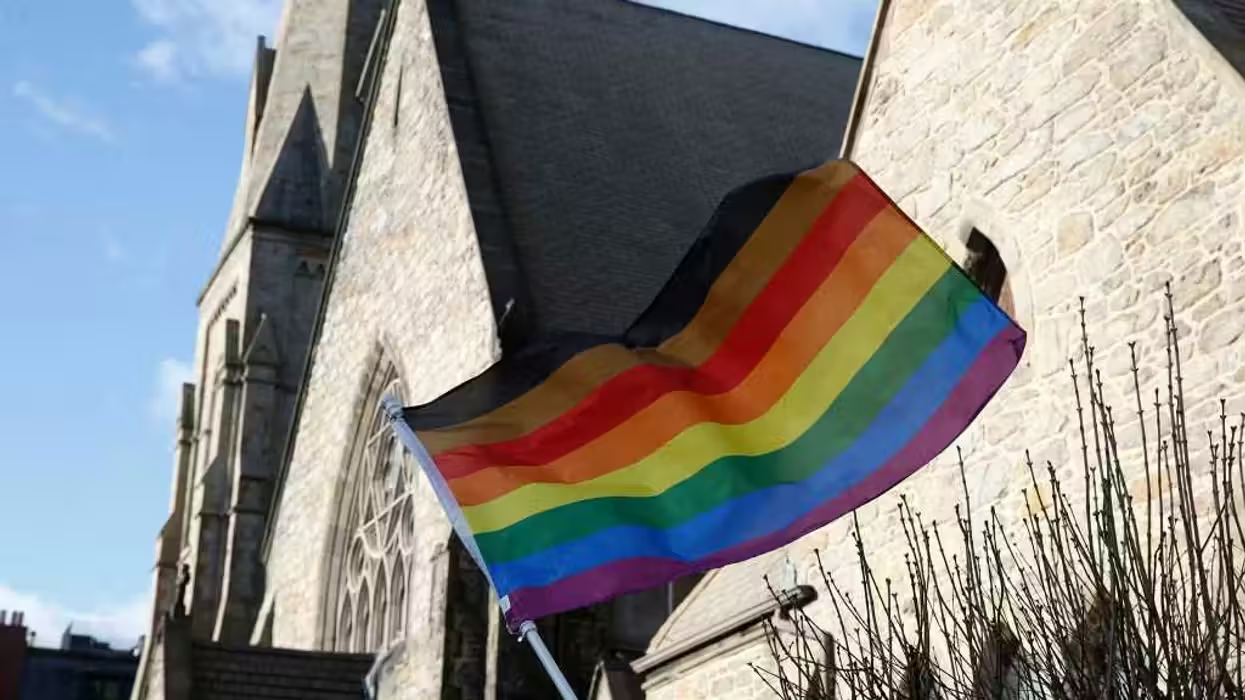© 2025 Blaze Media LLC. All rights reserved.
"We're going to see some struggle and conflicts."
DAVOS, Switzerland (AP) — A fight is looming between rich and poor countries over the value of the dollar and other key currencies, as governments use monetary tricks to boost their national recovery at the expense of other nations, political and business leaders warned Saturday.
Washington has been leaning hard on Beijing to allow the Chinese renminbi to rise, saying it is being kept artificially cheap to maintain China's cheap labor advantage.
At the same time the United States, Britain and others have encouraged their central banks to pump money into the system as a means of stimulating the economy.
"We are going to see the recovery of nationalism and protectionism, I think we're going to face some type of currency war," said Jose Sergio Gabrielli de Azevedo, president and CEO of Brazilian oil giant Petrobras.
"The U.S. is going to try to use weak dollar policy to help recovery in the U.S., and Brazil, India are not going to accept that and will fight back, and then we're going to see some struggle and conflicts," he said.
His words echoed concerns expressed by many participants of the World Economic Forum in Davos, Switzerland, this week, where ways to maintain the fragile global recovery — and risks to it — are being hotly debated.
Australian Foreign Minister Kevin Rudd, responding to a Chinese participant's defense of China's currency policies, said, "A few of the rest of us would say a better approach is the appreciation of the renminbi."
Beijing has been wary of letting go control of its currency even as food prices rises are driving up inflation — a situation that has been partly blamed for spurring anti-government protests in the Middle East this week.
Rudd said the world has huge concerns about how China will deal with its inflation, and urged Beijing to "get the exchange rate right."
Concerns about where the renminbi, dollar and in particular the euro are heading were aired as more than two dozen senior officials from key economies met in Davos to discuss sending a political signal that a new global trade deal can be completed this year.
Thailand's prime minister said Saturday that failure to conclude the so-called Doha round of trade talks, which have been nearly 10 years in the making, indicated a leadership vacuum on the global stage.
"Despite what global leaders say, they are still very much dictated by domestic politics," Abhisit Vejjajiva told a panel.
Renewed talk of a deal — which some say could add billions to the world economy — has won backing from leaders and executives at the World Economic Forum this week.
German Chancellor Angela Merkel and British Prime Minister David Cameron cited it as a key test for the international community's ability to cooperate in reviving the world economy.
"We are literally meters away from the finishing line," Merkel said Friday.
Experts remain skeptical that a deal can be reached this year, mainly because China and the United States remain at loggerheads on key issues. Pushing the talks into 2012 — a U.S. presidential election year — would make a conclusion even less likely because the sensitive issue of trade would be a hard sell for politicians of any stripe.
China's growth and worries about Europe's debts have been another focus of attention among the 2,500 business and political leaders discussing the state of the world economy this week.
___
Online:
https://www.weforum.org
___
Angela Charlton and Tomislav Skaro contributed to this report.
Want to leave a tip?
We answer to you. Help keep our content free of advertisers and big tech censorship by leaving a tip today.
Want to join the conversation?
Already a subscriber?
more stories
Sign up for the Blaze newsletter
By signing up, you agree to our Privacy Policy and Terms of Use, and agree to receive content that may sometimes include advertisements. You may opt out at any time.
Related Content
© 2025 Blaze Media LLC. All rights reserved.
Get the stories that matter most delivered directly to your inbox.
By signing up, you agree to our Privacy Policy and Terms of Use, and agree to receive content that may sometimes include advertisements. You may opt out at any time.






